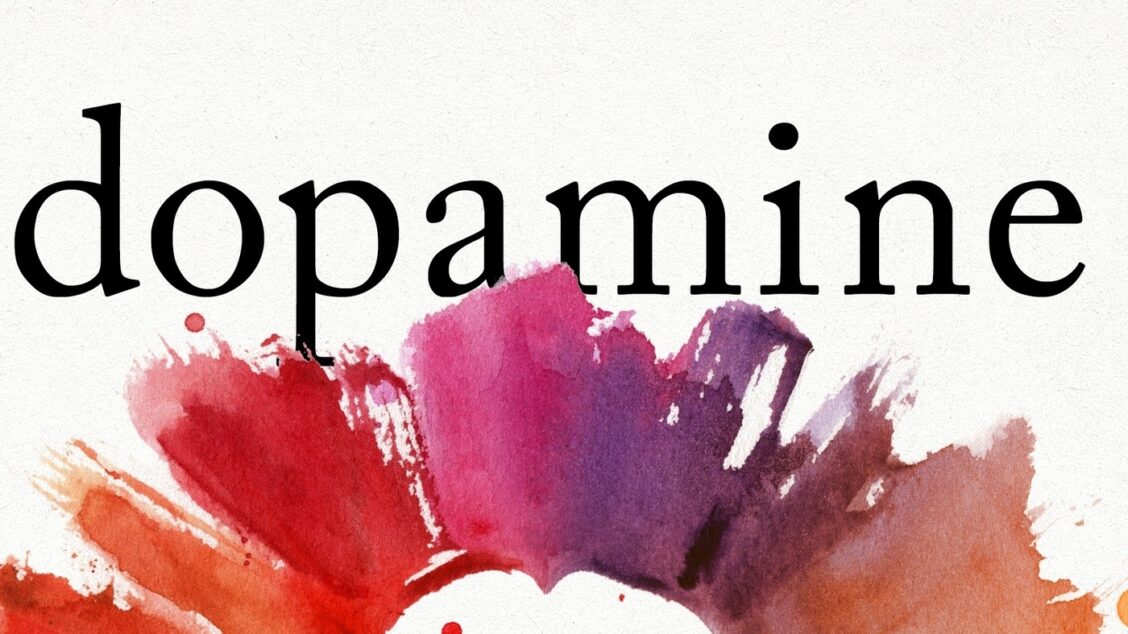From unmentionable to oft discussed, American attitudes toward mental health have made a seismic shift over the years. It’s heartening to see recent polls showing 87% of U.S. adults agree having a mental health disorder is nothing to be ashamed of, and 86% saying people with mental health disorders can get better. Seeking help from a therapist has become normalized, due in part to an epidemic of mood disorders among Gen Z. “It is this generation that may, in fact, finally break the stigma around mental health,” says Ken Ginsburg, …
Mental Health in Children
Age of Innocence – Or Anxiety for Today’s Kids? From loud claps of thunder to dogs that can bite, a child’s world is filled with new, sometimes scary experiences. However, if fears can’t be managed with reassurance or distraction and persistently interfere with daily activities, your child may have an anxiety disorder. These most common childhood mental health disorders are now regularly screened for in children ages 8-18, and include: Generalized anxiety disorder: excessive worry about everything that’s happening in their world; focus on failures rather than successes. Social anxiety …
Mental Health in Adolescent & Young Adults
Drugs, Drinking & Depression: The Kids May Not Be Alright Every generation has seen their share of thrill-seeking teens acting out and making dubious choices regarding drugs and alcohol. “There’s a normative aspect to risk taking at this age,” assures clinical psychologist Gilly Kahn. “It’s hardwired into our systems to allow us to learn our place in the world.” In the 2020s it’s increasingly likely that these kinds of activities are also being used by Zoomers (born between 1997 – 2012), particularly the older ones, to temporarily ease their depression …
Teens & Social Media
In Real Life (IRL), Can We Protect Teens from the Emotional Impact of Social Media? YouTube, TikTok, Snapchat, Instagram, Facebook, WhatsApp, X, Reddit, BeReal. A majority of American teens visit these social media platforms at least once daily, and 30% say they are on them almost constantly. Their ubiquity is unquestionable, and teens’ connection with them seemingly unshakeable, but the impact on emotional health is still being explored. Recent reports found frequent social media use may be associated with changes in the developing brain, potentially affecting emotional regulation and impulse …
How Not to Age: A Scientific Approach to Getting Healthier as You Get Older
It’s not yet possible to stop the passage of years, but it might well be within our sights to combat the effects of aging, according to Michael Greger, MD, internationally recognized lifestyle medicine physician, author and nutritionist. Synthesizing years of research on the essential pathways of aging, Dr. Greger believes the process can be slowed down with lifestyle changes, and without pharmaceutical interventions. Below are some of his most interesting findings … please note that we always encourage you to check with your physician for individual guidance before adopting new …
How Not to Age: A Scientific Approach to Getting Healthier as You Get Older
It’s not yet possible to stop the passage of years, but it might well be within our sights to combat the effects of aging, according to Michael Greger, MD, internationally recognized lifestyle medicine physician, author and nutritionist. Synthesizing years of research on the essential pathways of aging, Dr. Greger believes the process can be slowed down with lifestyle changes, and without pharmaceutical interventions. Below are some of his most interesting findings … please note that we always encourage you to check with your physician for individual guidance before adopting new …
Dopamine Nation: Finding Balance in a World of Excess
It’s called the Plenty Paradox: an affluent environment with easy access to substances or behaviors perceived as pleasurable has actually been a key contributor to our national mental health crisis. So posits Dr. Anna Lembke, Medical Director of Addiction Medicine, Stanford University School of Medicine, who has extensively researched and treated patients struggling to find the right balance in what she terms our “Dopamine Nation.” Constant over-exposure to drugs, tobacco, alcohol, unhealthy foods, social media or other activities can cause a surge in dopamine, the primary neurotransmitter in our brain …
Sustainable Eating: The Planetary Healthy Diet
The Lancet Planetary Health Diet Is there a way to eat that not only reduces the risk of disease and promotes well-being, but is also sustainable? Could a certain diet provide enough food for the 9.8 billion people estimated to be living on earth by 2050? This was the challenge first taken on in 2019 by the EAT-Lancet Commission, comprised of top scientists from around the globe. Combining analysis of more than 30 years of the best available nutritional studies and randomized trials with planetary boundaries for key environmental systems …
A New Era for Diabetes and Weight Loss Drugs
For patients seeking new solutions to managing type 2 diabetes and obesity, the introduction of a class of drugs called GLP-1 receptor agonists (RA) has simultaneously inspired hope and excitement along with misuse and confusion. We developed the following Q&A to go beyond the headlines and explore how Ozempic and similar drugs work, who may benefit most from them, and why they may ultimately represent a true breakthrough in the way these chronic conditions are classified, considered and treated. What defines type 2 diabetes? More than 37 million Americans have …
Ticked Off: How to Recognize, Relieve and Resist Lyme Disease
Summertime is prime time for ticks, which are becoming more prevalent each year. A combination of changing land use and warmer winters has greatly expanded the ticks’ habitat and they’re now found in more than half of U.S. counties. As a result, tick-borne Lyme disease has doubled over the last two decades to nearly 500,000 cases annually, earning it the unfortunate distinction of being the most common vector-borne illness in the Northern hemisphere. Read on for details on how to protect yourself this season, and in the summers to come. …










